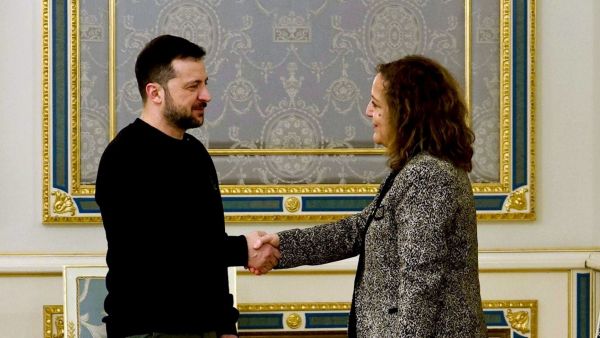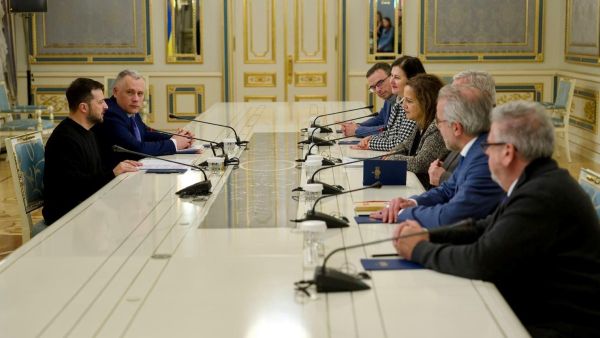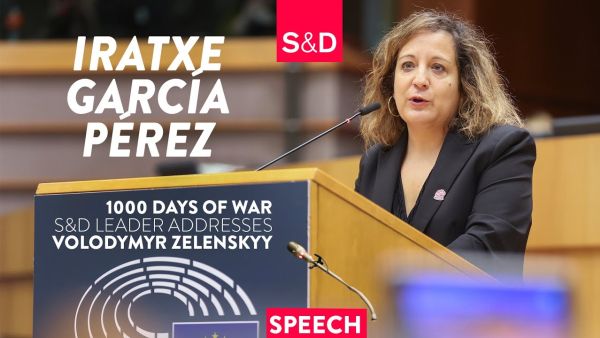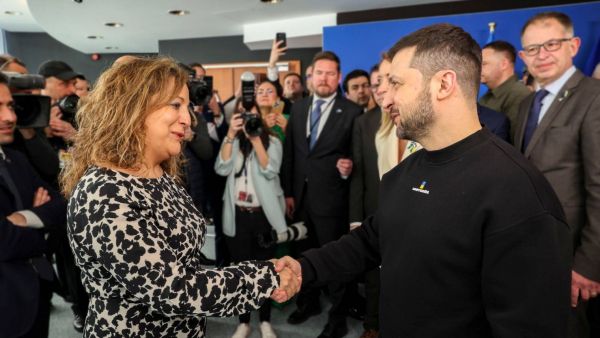A strong call for intensified multi-lateral co-operation to overcome the dire economic, social and humanitarian consequences of the Covid-19 pandemic concluded the 13th Euro-Latin American Parliamentary Assembly (EuroLat), which took place on the 4th and 5th November 2020 in a hybrid online and face-to-face session in the European Parliament in Brussels.
Javi López, S&D MEP and co-president of EuroLat, said:
"The pandemic forces us to strengthen co-operation between Europe and Latin America in the field of public health to ensure that there is universal and fair access to a future vaccine. It also encourages us to strengthen our bi-regional relations, and in this sense we welcome the readiness to once again hold the EU-CELAC Summits of Heads of State and Government. This co-operation should be a lever to complete the necessary bilateral and sub-regional agreements that are in the process of being negotiated.
“As parliamentarians, we have also issued a warning about the existing risk of an authoritarian drift in some countries in both regions and we are concerned about persistent political conflicts, which we will continue to follow closely and in a constructive spirit, looking to the future with optimism. At the same time, I would like to highlight the good news that comes from the region: a transparent electoral process with guarantees that should lead Bolivia towards political normalisation and the recovery of stability, and the constitutional process in Chile that has received massive support from the population.
“First and foremost we must protect the people’s health and lives. This is why we support the call for a joint European and Latin American sanitary protocol. Any future vaccines against Covid-19 must be universal, free and accessible to all. This is why we are calling for international organisations to handle the fair distribution of vaccines.”
Maria Manuel Leitão Marques, S&D MEP and spokesperson on EuroLat, stated:
“Democratic rights and civil liberties must not become the next victims of the pandemic. Exceptional measures to combat the pandemic may never be used to silence citizens, in particular civil society, human rights defenders, journalists or political opponents, or to reduce parliamentary powers to control the government. The recent election in Bolivia and the referendum in Chile were important democratic exercises that make us optimistic that it is possible to stem the authoritarian tide.
“On both sides of the Atlantic, it is women who are paying the highest price for this pandemic. Women make up the majority of those working in the health and care sectors as well as well as in other frontline jobs. Even before the crisis hit, women earned less money for the same jobs, were employed under more precarious conditions than their male colleagues and faced higher risks of unemployment. In the pandemic this unfair situation is deteriorating even further as we witnessed alarming increases in domestic violence during confinement. This is why we must include women’s rights as a top priority in all our crisis-response measures.
“After two intensive days of debate on the human and humanitarian tragedy that is hitting people in both Europe and Latin America, we repeat our call for a debate and resolution on the consequences of the Covid-19 pandemic in Latin America in the European Parliament.“
Note to the editor:
The Euro-Latin American Parliamentary Assembly is a trans-national body of 150 parliamentarians from Europe and Latin America, which was established in 2006 under then European Parliament President Josep Borrell to bolster EU-Latin American relations.
The EU-CELAC Summit is a joint meeting of heads of state and government from the EU and from the Community of Latin American and Caribbean States.










